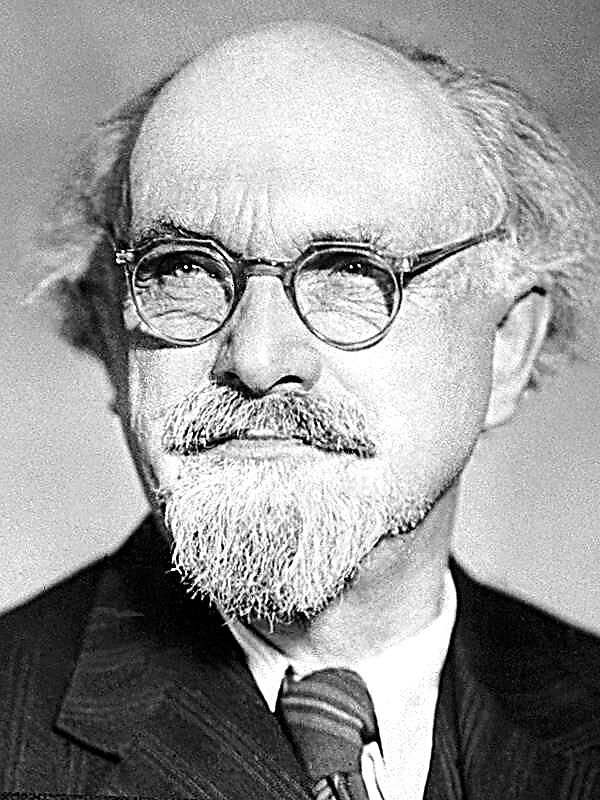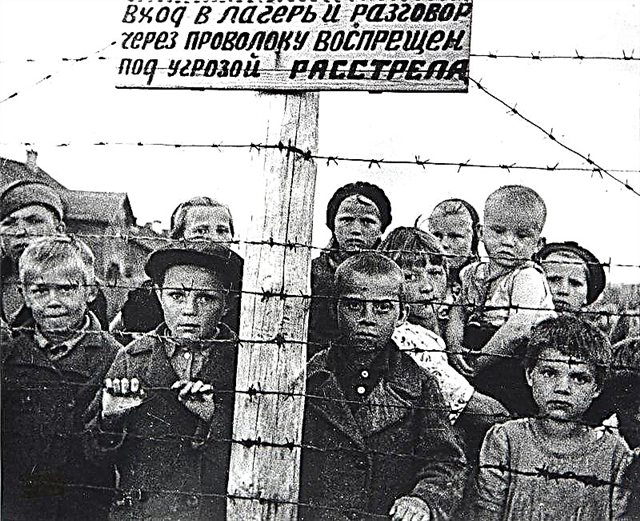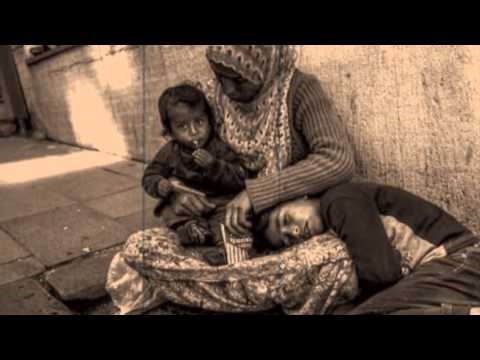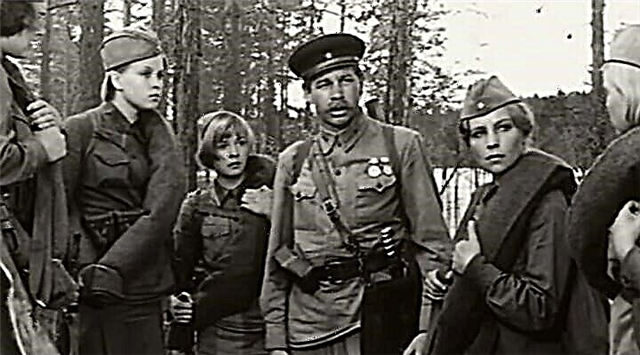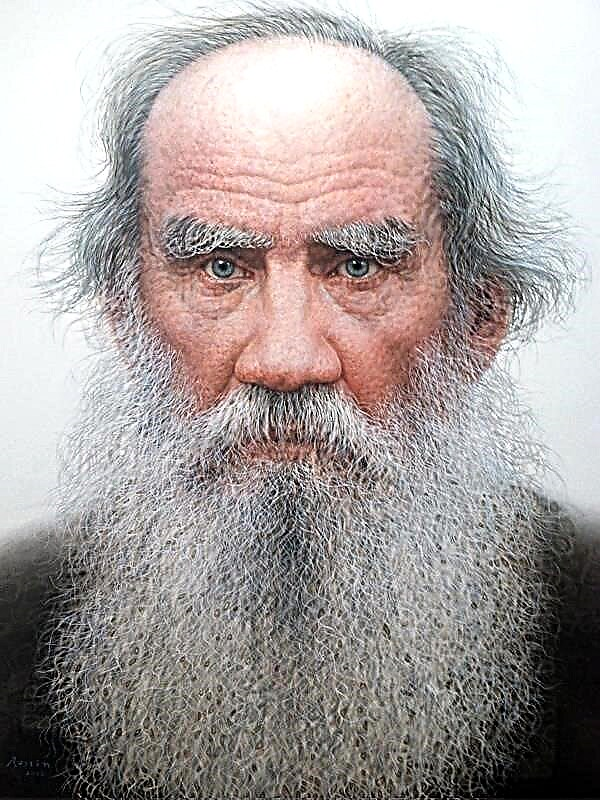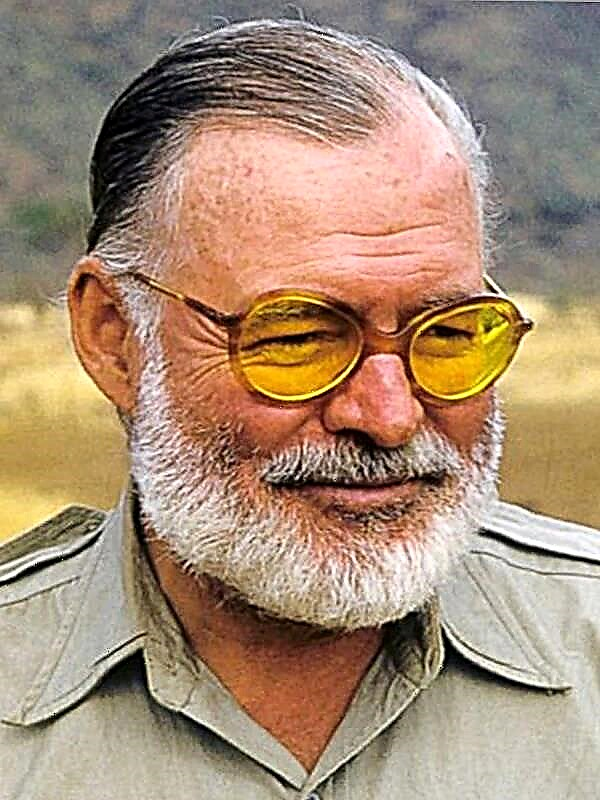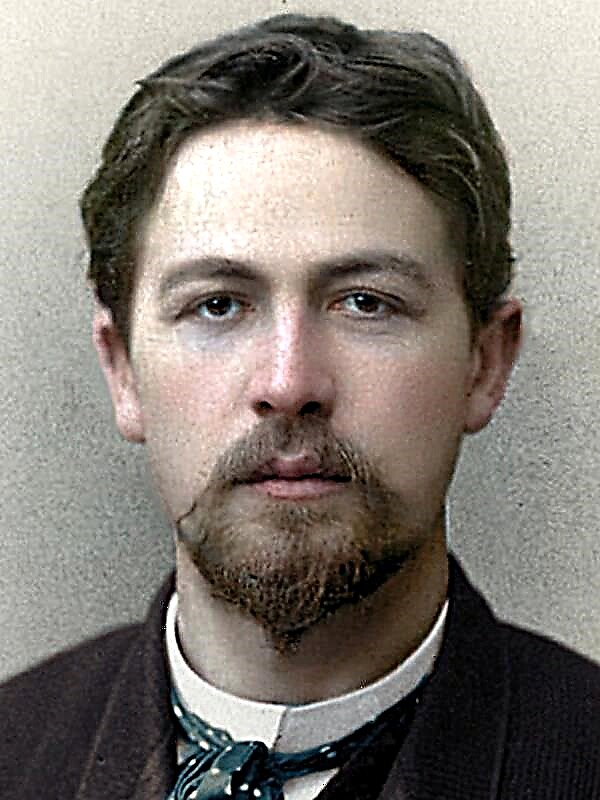Each person has his own personal code of rules and attitudes, which governs his behavior. For some, it is strict and understandable as a law, while for others it is only recommendations that you can not follow. However, it is very important for a person not to change his principles, otherwise he will be in a position that no one has ever wanted.
Such an example was described by N.V. Gogol in the novel “Taras Bulba”. Andriy, like his brother, grew up among the Cossacks, where the principles were strict and immutable foundations of life. First of all, representatives of this people honored their fathers, defended their homeland and believed in God. However, the Poles encroached on their lands, who imposed their faith, their dominion and foreign orders on them. Naturally, all the Cossacks went against this cultural, physical and religious occupation. And only Andriy changed his principles, chose not a duty, but feelings for a little panel. For the sake of love, he abandoned his comrades, renounced his faith, and forever left his native land. He himself realized his mistake when he met with his father on a battlefield. The young man realized and accepted the guilt, and did not even resist when Taras killed him.
Another example was described by A.P. Chekhov in the play Three Sisters. Andrei wanted to become a scientist, move to a big city and do science. In the first place for him was enlightenment. All his life he was preparing to join the Moscow profession and contribute to progress. But he decided that he should not rush to the move, first you need to get married. However, in a marriage with the inveterate bourgeois Natasha, the hero did not find time for self-development. He had a child, his wife constantly demanded money and attention, so the man remained captive at the philistine city, where his dreams turned to ashes. In the finale, he faded, haggard, and became disillusioned with life, mired in vulgarity.
Thus, betrayal of principles and ideals is dear to a person, he ceases to respect himself and becomes a slave to the social role that he did not choose, but his betrayal.

